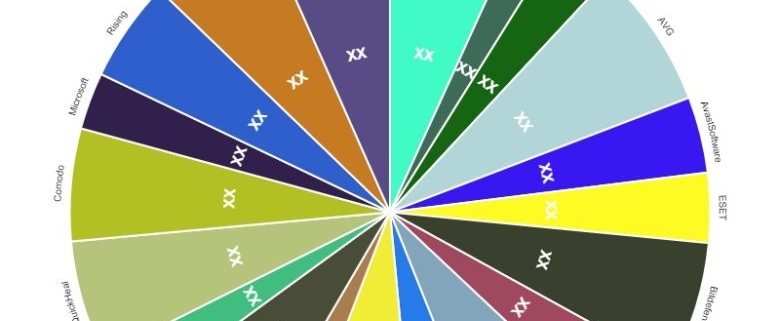Internet Security Software Market Innovative Strategy by 2028 | Symantec, McAfee, Trend Micro, AVG, Avast Software, ESET – IMIESA
JCMR recently introduced Global Internet Security Software study with 250+ market data Tables and Figures spread through Pages and easy to understand detailed TOC on Internet Security Software Market by Types by End-Users/Application, Organization Size, Industry, and Region – Forecast and outlook to 2029″. At present, the Internet Security Software market is developing its presence and some of the key players profiled in the report include: Symantec, McAfee, Trend Micro, AVG, Avast Software, ESET, Bitdefender, Fortinet, F-Secure, G DATA Software, Avira, Qihoo 360, Kaspersky, Panda Security, Quick Heal, Comodo, Microsoft, Rising, Cheetah Mobile, AhnLab
Total Market by Segment:
Internet Security Software Market, By Type, 2016-2021, 2022-2027 ($ Millions)
Internet Security Software Market Segment Percentages, By Type, 2020 (%)
Linux
Macintosh OS
Microsoft Windows
Internet Security Software Market, By Application, 2016-2021, 2022-2027 ($ Millions)
Internet Security Software Market Segment Percentages, By Application, 2020 (%)
Individual Users
Enterprise Users
Government Users
Furthermore, the years considered for the study are as follows:
Historical year – 2013-2019
Base year – 2020
Forecast period** – 2021 to 2029 [** unless otherwise stated]
Request a Sample Internet Security Software Report @: jcmarketresearch.com/report-details/1466117/sample
Primary validation
This is the final step in estimating and forecasting for our Internet Security Software report. Exhaustive primary interviews are conducted, on face to face as well as over the phone to validate our findings and assumptions used to obtain them. Internet Security Software Interviewees are approached from leading companies across the value chain including suppliers, technology providers, domain experts, and buyers so as to ensure a holistic and unbiased picture of the Internet Security Software market. These interviews are conducted across the globe, with language barriers overcome with the aid of local staff and interpreters. Primary interviews not only help in data validation but also provide critical insights into the Internet Security Software market, current business scenario, and future…



